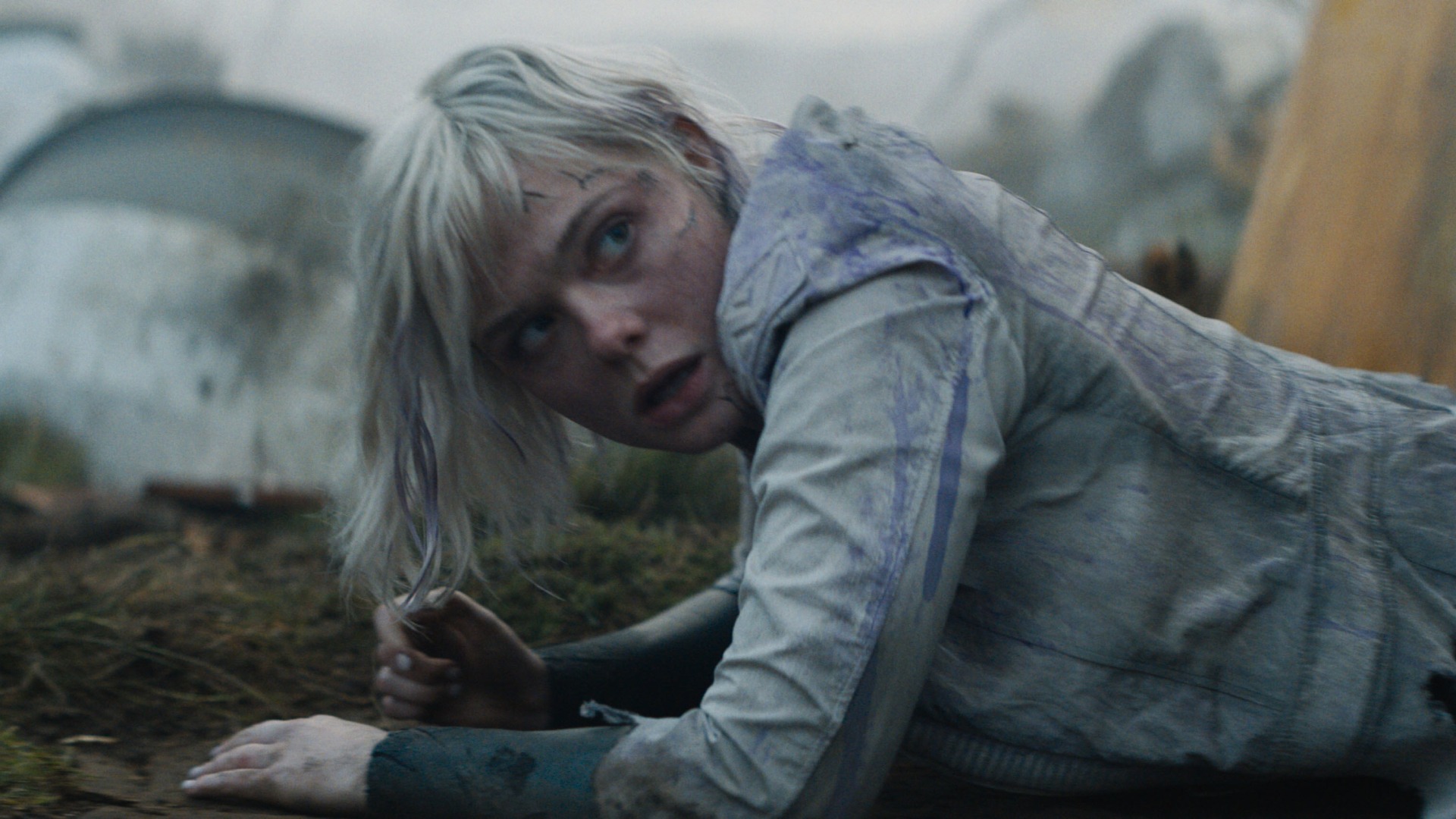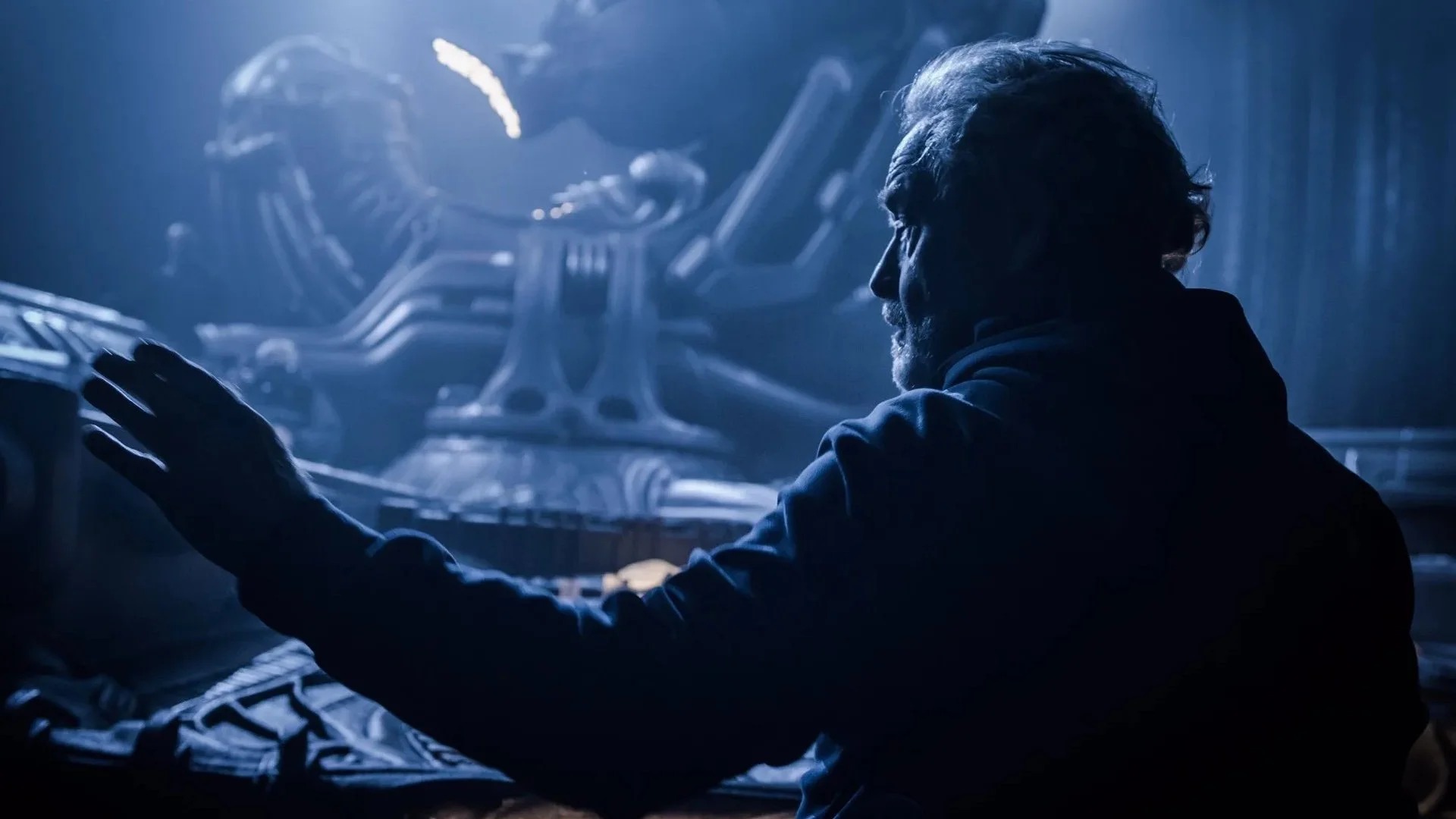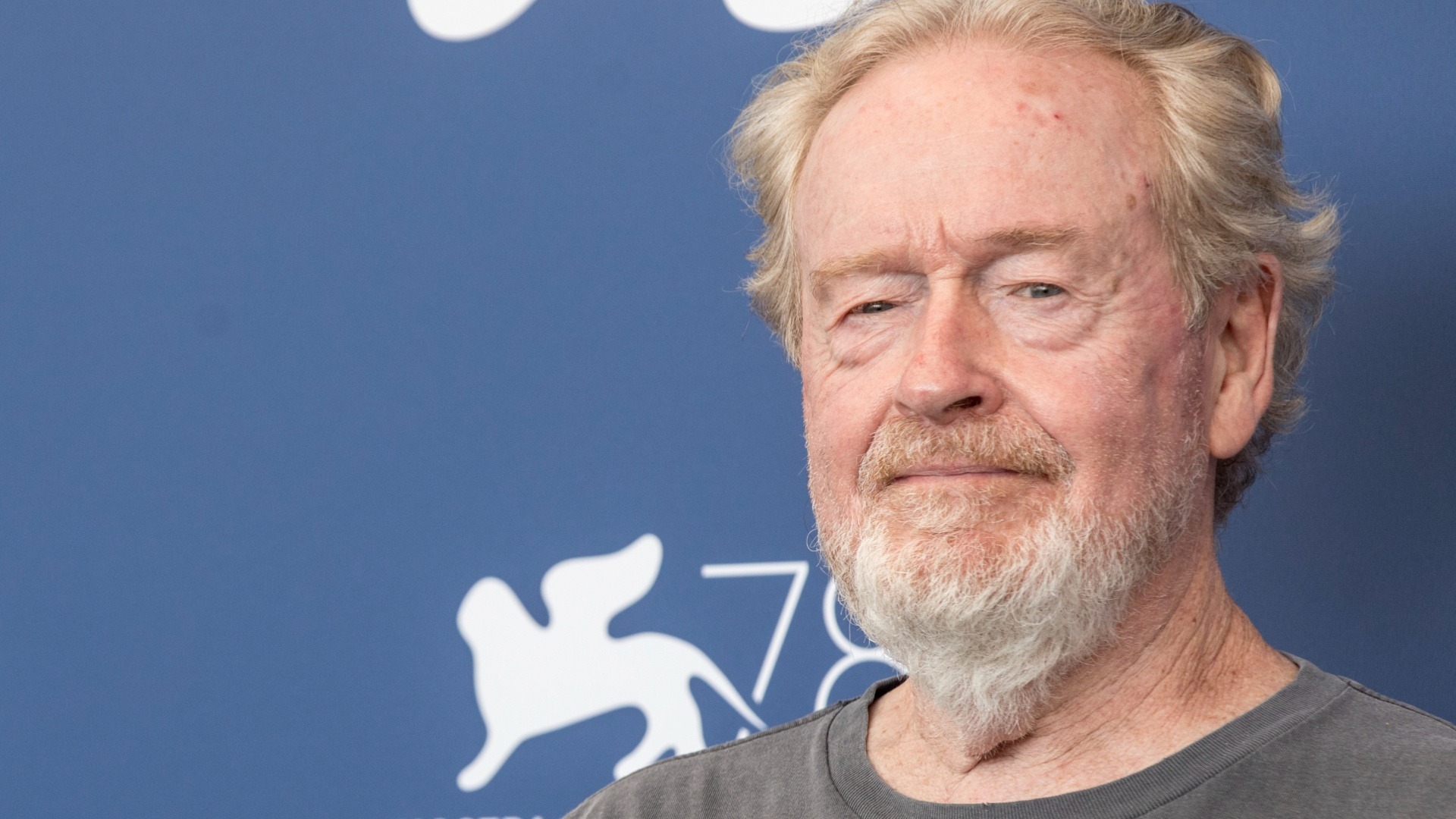Sir Ridley Scott: Modern Cinema Is “Drowning in Mediocrity,” I Only Watch My Own Films
Popular Now
 The Legend of Zelda
The Legend of Zelda
 Among Us
Among Us
 Free Fire Max
Free Fire Max
 League of Legends
League of Legends
 Roblox
Roblox
 Rust
Rust
 R.E.P.O
R.E.P.O
 Geometry Dash
Geometry Dash
 Minecraft
Minecraft
 FIFA 23
FIFA 23
 In a blunt and unapologetic assessment of the current state of the film industry, legendary director Sir Ridley Scott—the creative force behind cinematic milestones such as Alien, Blade Runner, and Gladiator—has declared that contemporary movies are “drowning in mediocrity.” The 87-year-old filmmaker, known for his relentless work ethic and candid opinions, made the controversial comments during a recent career retrospective at London’s BFI Southbank, revealing an unusual remedy for the perceived quality drought: he now exclusively re-watches his own acclaimed filmography.
In a blunt and unapologetic assessment of the current state of the film industry, legendary director Sir Ridley Scott—the creative force behind cinematic milestones such as Alien, Blade Runner, and Gladiator—has declared that contemporary movies are “drowning in mediocrity.” The 87-year-old filmmaker, known for his relentless work ethic and candid opinions, made the controversial comments during a recent career retrospective at London’s BFI Southbank, revealing an unusual remedy for the perceived quality drought: he now exclusively re-watches his own acclaimed filmography.
 The Quantity vs. Quality Crisis in Hollywood
The Quantity vs. Quality Crisis in Hollywood
Scott did not mince words when discussing the overwhelming volume of content currently flooding the market, a phenomenon largely driven by the demands of the streaming era. He argued that the sheer quantity has inversely impacted the average quality, a critique that resonates deeply with many industry analysts and dedicated cinephiles.
“The quantity of movies that are made today, literally globally—millions. Not thousands, millions… and most of it is s***,” Scott stated, before attempting a rough, and admittedly imperfect, statistical breakdown of current releases:
- Less than 5% of contemporary films are truly “great.”
- Approximately 10% fall into the “pretty good” category.
- A vast majority of the rest, the acclaimed director implies, contribute to the industry’s pervasive “mediocrity.”
Scott believes this decline stems from a fundamental flaw in the Hollywood production process: prioritizing spectacle and technical wizardry over compelling narratives. “I think a lot of films today are saved and made more expensive by digital effects, because what they haven’t got is a great thing on paper first. Get it on paper!” he emphatically advised, underscoring the enduring importance of screenwriting—a high-value keyword component in the film quality debate.
A Director’s Comfort Watch: His Own Legacy
When asked by an audience member about his regular viewing habits and whether he had a “comfort movie,” Scott’s response was both self-deprecating and supremely confident, cementing his reputation as a unique Hollywood curmudgeon.
“Well, actually, right now, I’m finding mediocrity—we’re drowning in mediocrity. And so what I do—it’s a horrible thing—but I’ve started watching my own movies, and actually they’re really good! And also, they don’t age,” he confessed. The director cited his 2001 military thriller, Black Hawk Down, as a recent rewatch that impressed him: “I watched Black Hawk Down the other night and I thought, ‘how the hell did I do that?’”
This powerful statement highlights a key factor in Scott’s work: the timeless movies he produces often rely on meticulous world-building, practical effects, and strong visual composition—elements that resist the rapid obsolescence often seen in modern, purely CGI-driven high-budget films. His catalogue, which also includes Thelma & Louise, American Gangster, and The Martian, boasts a remarkable resistance to aging, a crucial differentiator in the crowded market.
 Implications for the Film Industry and Investors
Implications for the Film Industry and Investors
Scott’s critique is more than just a director grumbling; it touches on serious concerns for the financial stability and creative health of the industry. The perceived “drowning in mediocrity” suggests a significant risk factor for investors in projects lacking originality and strong underlying narratives. The reliance on expensive digital effects to salvage weak concepts drives up production costs (a critical factor for CPC advertising related to investment news), making a poor return on investment more likely. Scott’s demand for a great script first is a direct call for a return to fundamental, cost-effective creative principles.
Despite his harsh criticism of his peers, Scott remains a dedicated and prolific filmmaker. He recently helmed the historical epic Napoleon and has Gladiator II slated for release, proving that even while lamenting the state of cinema, he is actively working to challenge the “mediocrity” he perceives. Furthermore, he revealed he is already in the early stages of plotting a potential Gladiator 3, signaling that his passion for creating quality, enduring cinematic narratives remains undiminished.
His final words offered a small glimmer of hope: “But I think occasionally a good one will happen, [and] it’s like a relief that there’s somebody out there who’s doing a good movie.” For now, however, the legendary director is content to revisit his own classics, proving that sometimes, the best cinema is what you already know doesn’t age.








